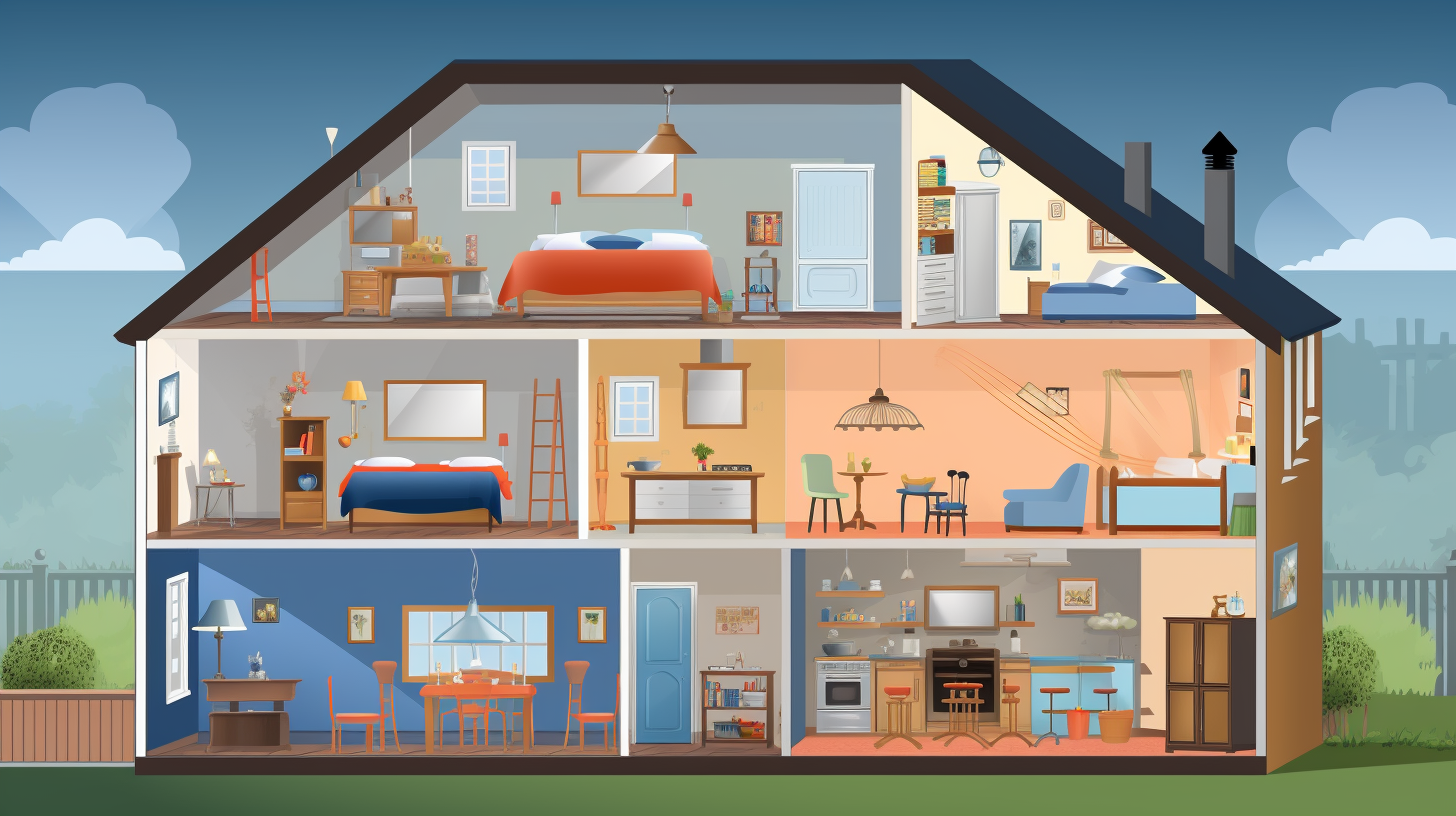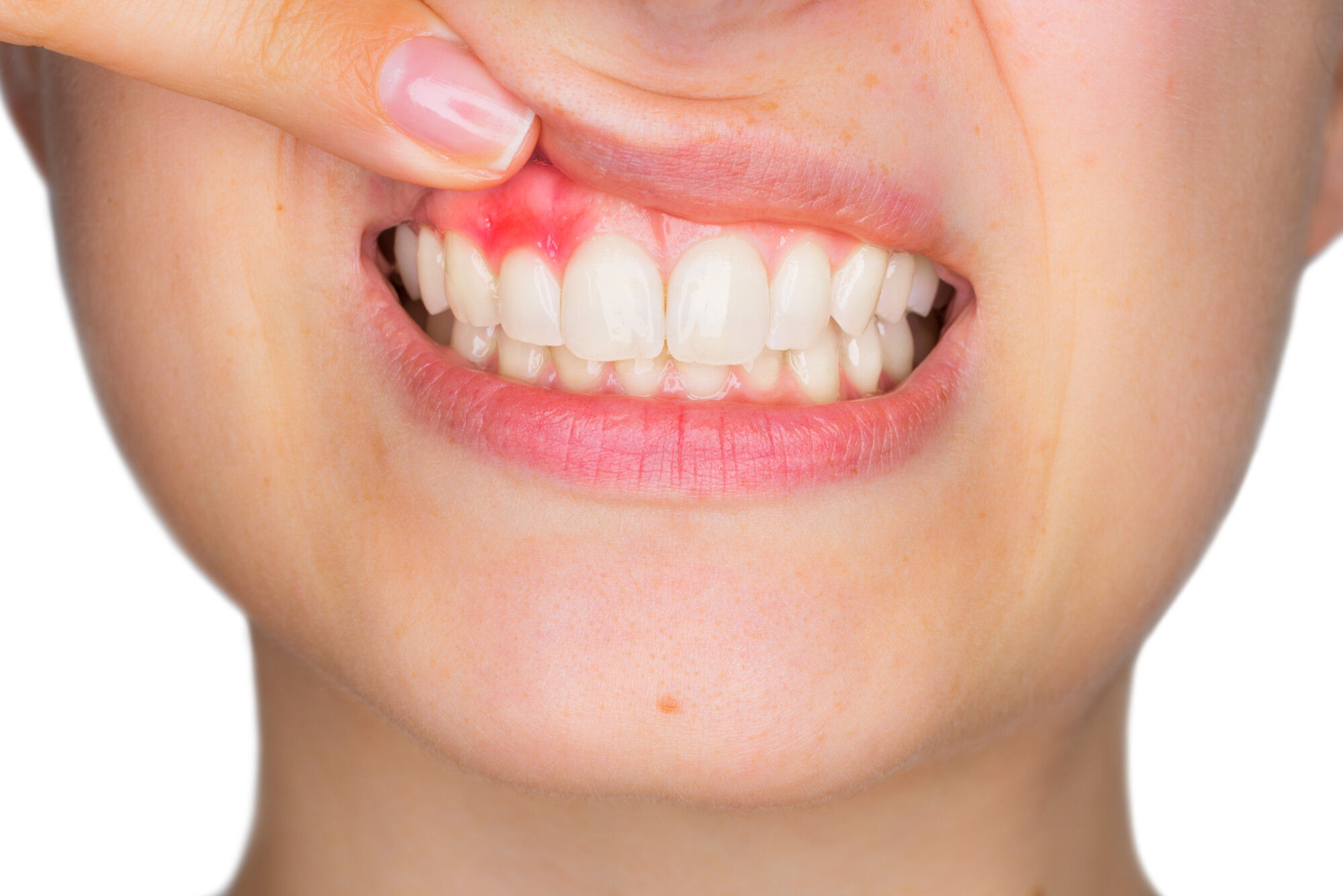We think of our homes as a safe space to relax and unwind at the end of a long day. However, our households do contain hidden hazards that can put us at risk of sudden injury if we aren’t careful. In this article, we discuss some common causes of household accidents and how they may be effectively prevented. If you suffer harm in a household accident caused by negligence, a Jersey City personal injury lawyer may be able to assist you. Read on to learn more about household injuries and prevention.
Most Common Household Injuries and Accidents
Injuries and accidents happen every day in households across the United States. While many incidents are relatively minor, others cause lasting or even fatal injuries. Some of the most common household injuries and accidents include:
Slips, Trips, and Falls
Slips, trips, and falls account for a significant chunk of injuries around the home. The culprits include wet floors, loose rugs, cluttered walkways, and even poorly lit stairways. If you take a tumble and aren’t able to stop your fall, you may find yourself suffering from a sprain, fracture, or even a head injury. Young children and older adults are particularly likely to suffer injuries in a fall.
Burns
Burns and scalds are commonly encountered in the home as well. These injuries are frequently caused by cooking mishaps but may also occur due to contact with hot beverages, faulty appliances, or even prolonged exposure to sunlight. Young children are especially vulnerable, since they may not understand the dangers of touching a hot stove or drinking a scalding beverage. Thermal injuries can cause severe pain, blistering, and scarring, necessitating immediate medical attention.
Electrical Encounters
The invisible threat of electricity lurks in every plug socket, frayed cord, and exposed wiring. Contact can lead to shocks, burns, and even electrocution. Faulty appliances, overloaded outlets, and tampering with electrical work are all recipes for disaster. Remember, treat electricity respectfully and maintain a healthy distance from potential hazards.
Poisonous Playground
Household products, from cleaning solutions to medications, can be toxic when ingested or inhaled. Children are particularly at risk with their insatiable curiosity and tendency to eat or drink things they shouldn’t. Leaving harmful chemicals within reach, storing medicines improperly, and neglecting spill cleanups can all contribute to accidental poisonings.
Choking Hazards
Small objects like coins, buttons, and food can become choking hazards. Keep choking hazards out of reach, supervise young children closely during playtime, and learn basic first-aid techniques like the Heimlich Maneuver.
Cuts and Scrapes
Cuts and scrapes may seem like minor injuries, but they can lead to serious infections if not properly treated. These kinds of injuries are often caused by sharp objects, falls, or collisions. While minor cuts and scrapes rarely escalate to life-threatening levels, proper wound cleaning, disinfection, and dressing are essential to prevent complications like tetanus.
Falling Objects
From precarious bookcases to wobbly furniture, falling objects can cause serious injuries. Unsecured shelves, loose screws, and heavy items placed too high are all potential threats. Secure furniture to walls, anchor shelves, and avoid placing heavy objects on unstable surfaces.
Drowning
Even a tiny amount of water can pose a drowning risk, especially for young children. Bathtubs, buckets, and even toilets can be deadly for unsupervised toddlers. Always supervise children around water, immediately close toilet lids and empty bathtubs.
Essential Tips to Prevent Household Injuries
Now that we’ve identified the common culprits let’s turn the tables and create a safer home environment. Here are some proactive tips:
- Declutter and Organize: Reduce tripping hazards by keeping walkways clear and eliminating clutter.
- Install Safety Features: Use non-slip mats in bathrooms, secure rugs with grippers, and install grab bars in tubs and showers.
- Childproof Your Space: Secure cabinets with childproof locks, keep cleaning products and medicines out of reach and cover electrical outlets.
- Maintain Appliances and Electrical Systems: Inspect appliances for frayed cords or damaged plugs regularly. Seek professional help for any electrical issues.
- Supervise Children Closely: Never leave young children unattended around potential hazards like water, choking hazards, or open flames.
- Teach Safety Basics: Educate children about basic safety rules, from fire safety to avoiding electrical cords.
- First-Aid Preparedness: Have a well-stocked first-aid kit and learn basic first-aid techniques.
Implementing these measures contributes to a safe living environment. These steps will ultimately help you and your family enjoy good health in your home.




